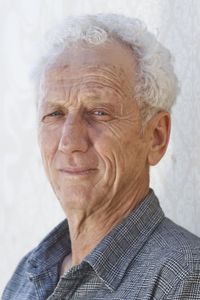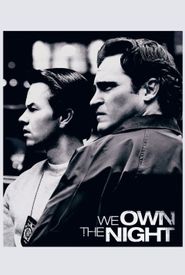Moni Moshonov, a renowned Israeli actor and writer, brought forth into this world on August 18, 1951, in the vibrant nation of Israel. He is widely recognized for his captivating performances in a multitude of films, including the critically acclaimed "Late Marriage" (2001),the action-packed "We Own the Night" (2007),and the romantic drama "Two Lovers" (2008).

Moni Moshonov
73 · Born: Aug 18, 1951






























